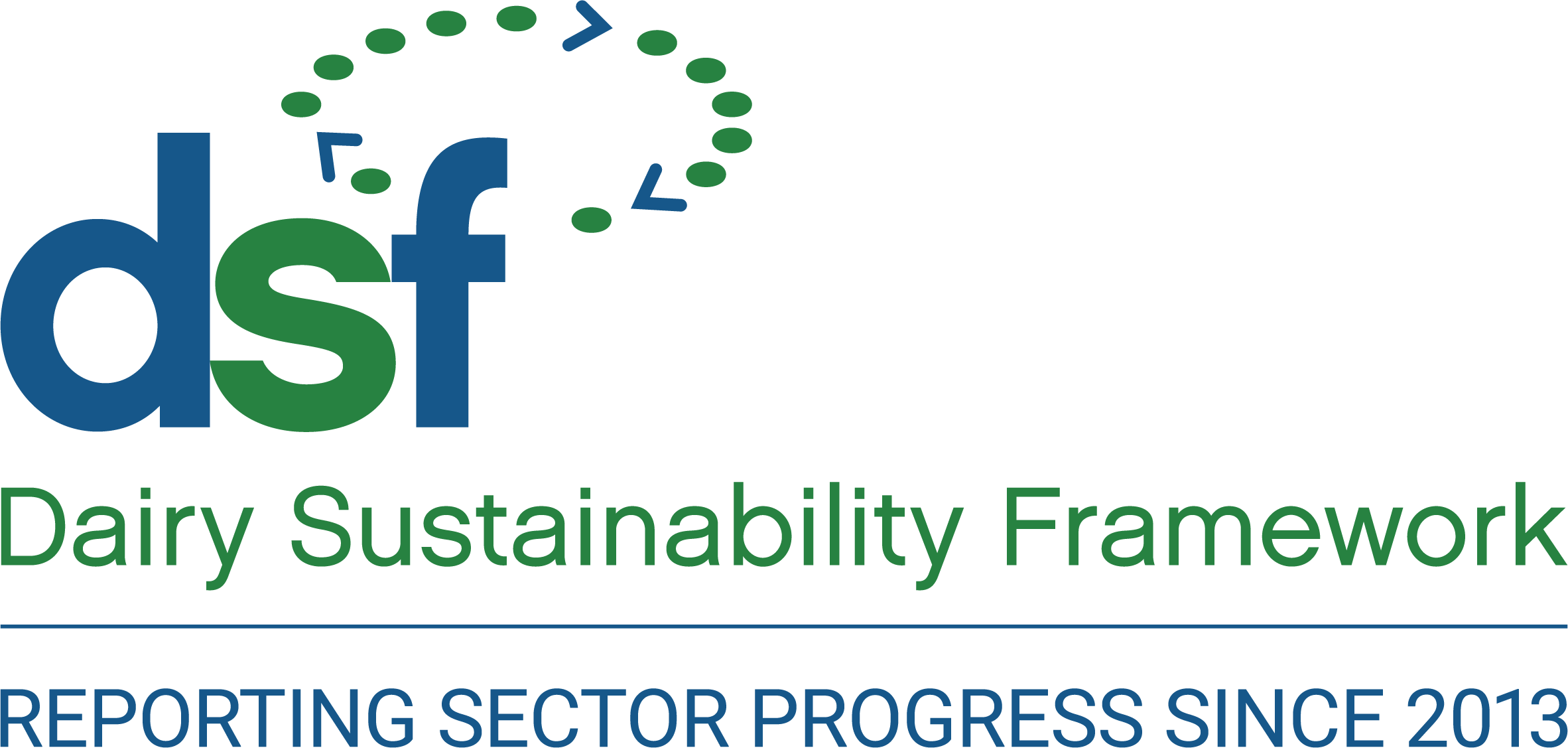New LCA-Based Methodology for Calculating Carbon Sequestration Released
The first life-cycle assessment (LCA)-based methodology for calculating carbon sequestration in cattle production systems is now available for pilot testing. The methodology, C-Sequ, was developed by a consortium of dairy and beef organizations, global soil scientists and LCA specialists.
“Our farmers take all kinds of actions to reduce their climate impact. Carbon sequestration is a crucial solution for that. The C-Sequ guidelines are a key tool to help measure the farmer’s efforts effectively and scientifically. It helps them to know how well they do or if there is room for improvement. Next to that, it can be a base to reward those efforts.’’ Margrethe Jonkman - Global Director Research & Development, Royal FrieslandCampina.
Carbon capture and sequestration are potential mitigation solutions to the global climate challenge, but current methods to quantify the sequestered carbon are complex. The C-Sequ guidelines include a straightforward, step-by-step guide for the quantification process as well as useful examples.
Although testing of the C-Sequ methodology is already underway in more than 100 different cattle production systems around the world, additional dairy and beef pilots are encouraged in order to maximize learning. Results from these trials, including potential improvements, will be incorporated into an updated methodology to be released next year. To download the C-Sequ guidelines, please click here . A feedback form can be found here.
Collaborators on the C-Sequ project include Royal FrieslandCampina, Nestle, Arla Foods, Danone, Fonterra Co-operative Group, McDonald’s, Mars, Innovation Center for U.S. Dairy and Global Dairy Platform. Quantis served as the Scientific Lead for the project.
